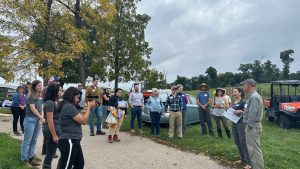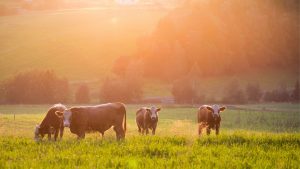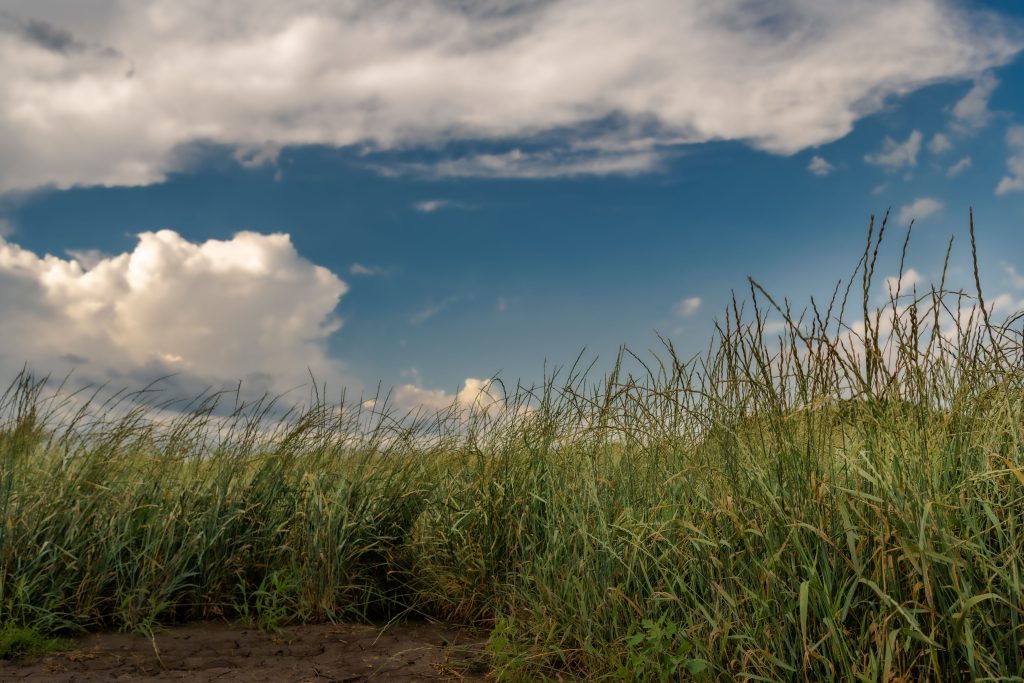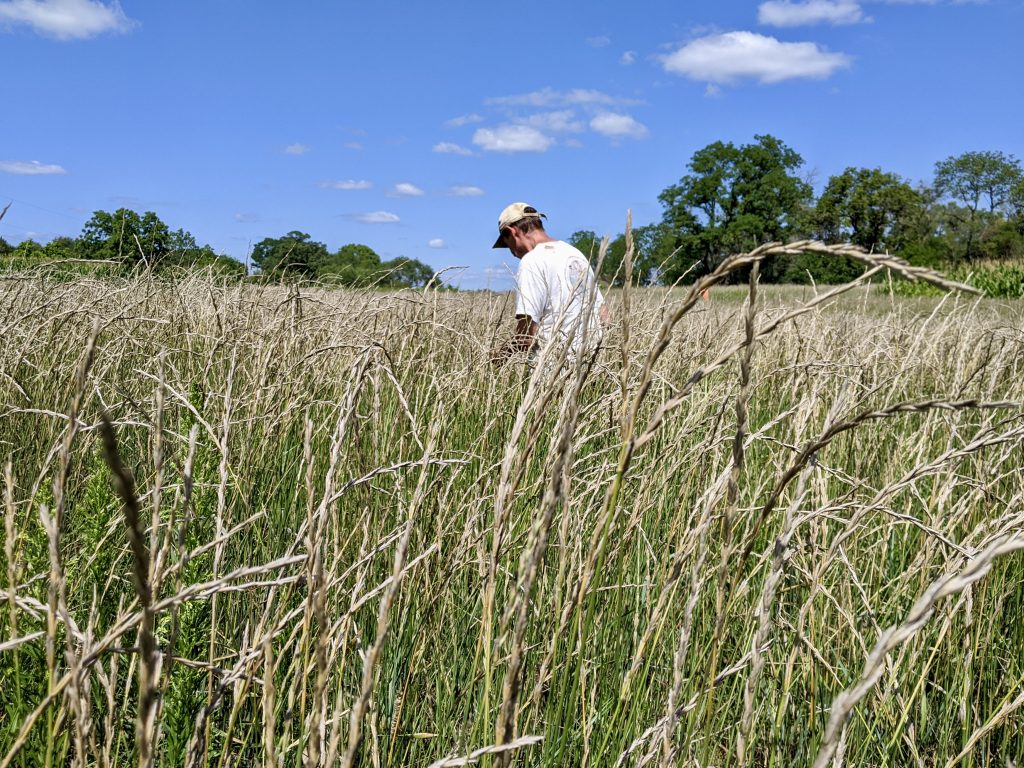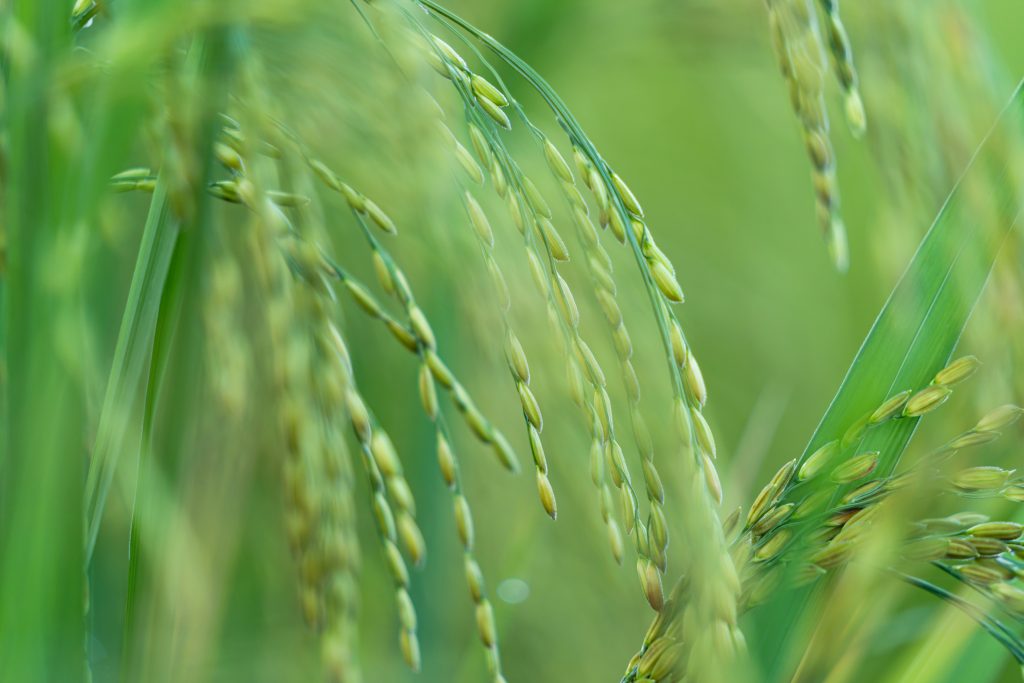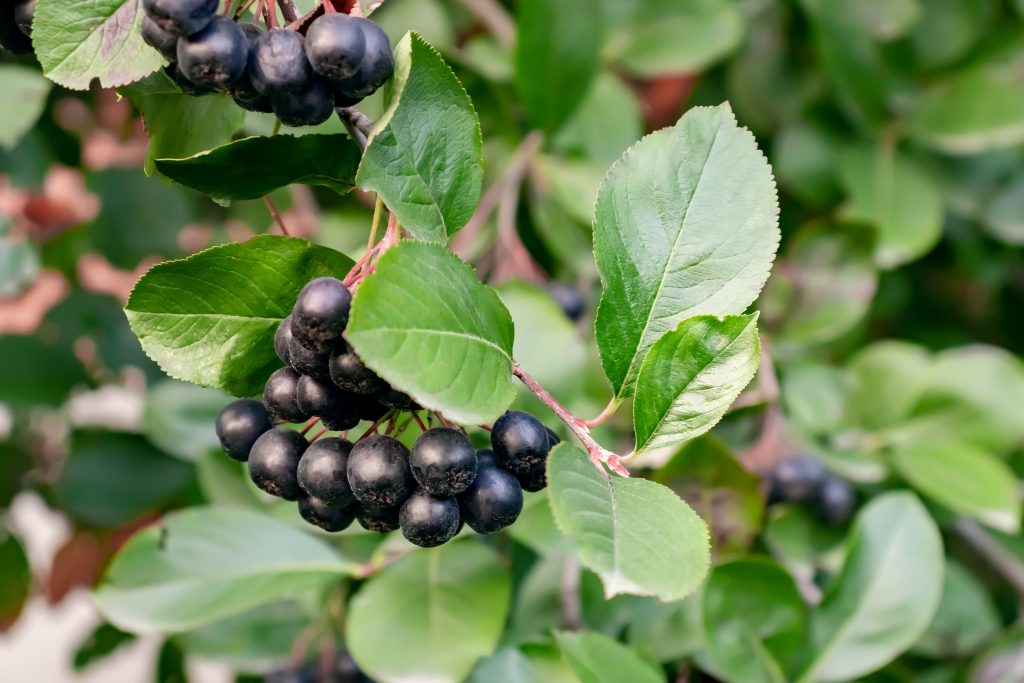Cows in the Woods: What it Takes to Create a Silvopasture
How do you transform land overgrown with invasive shrubs and weeds into a shade-dappled pasture perfect for managed grazing? Find out how Butler Grassfed Beef in Spring Green, Wis., created a silvopasture for its cows in a move that benefits farmers, water quality, our climate and our animals.

